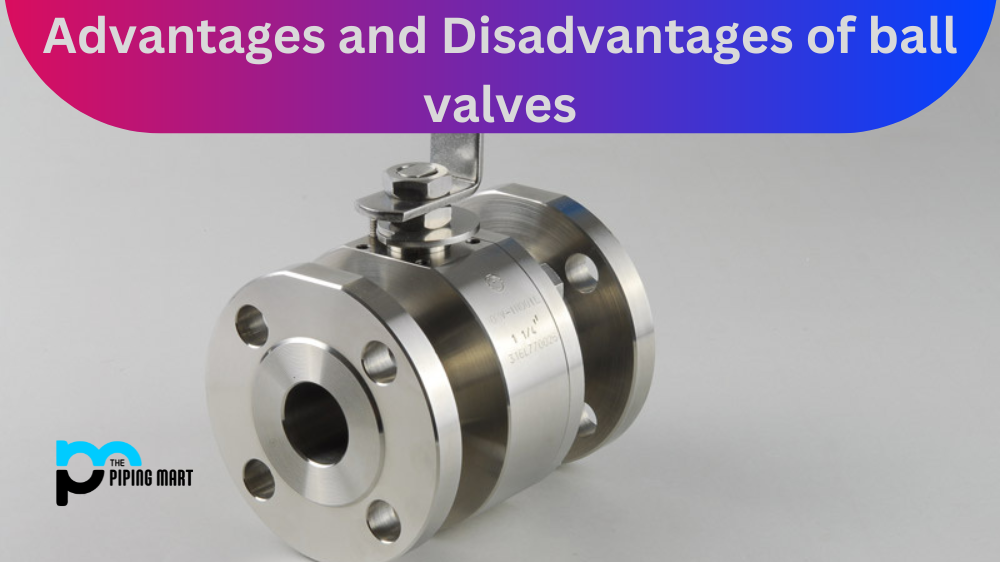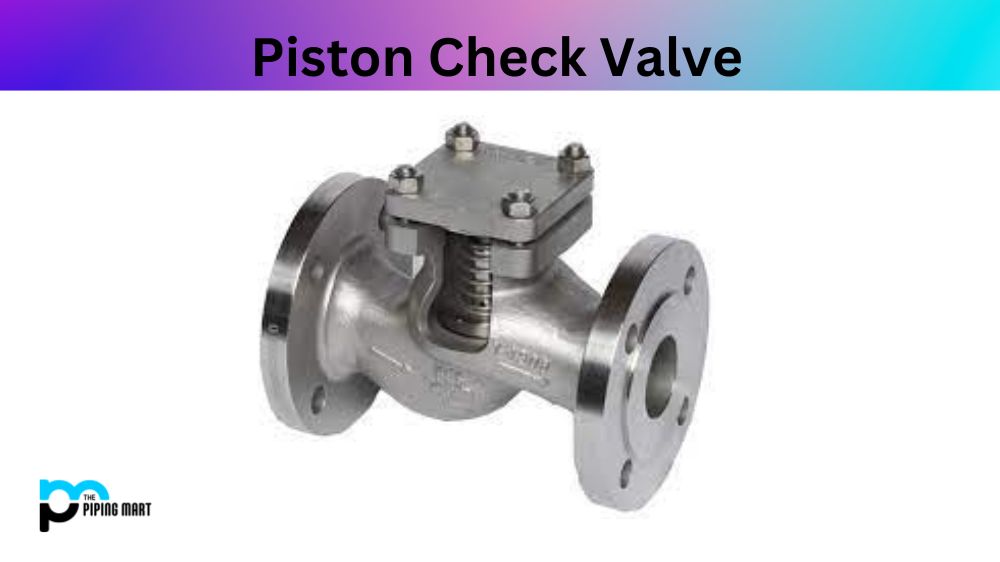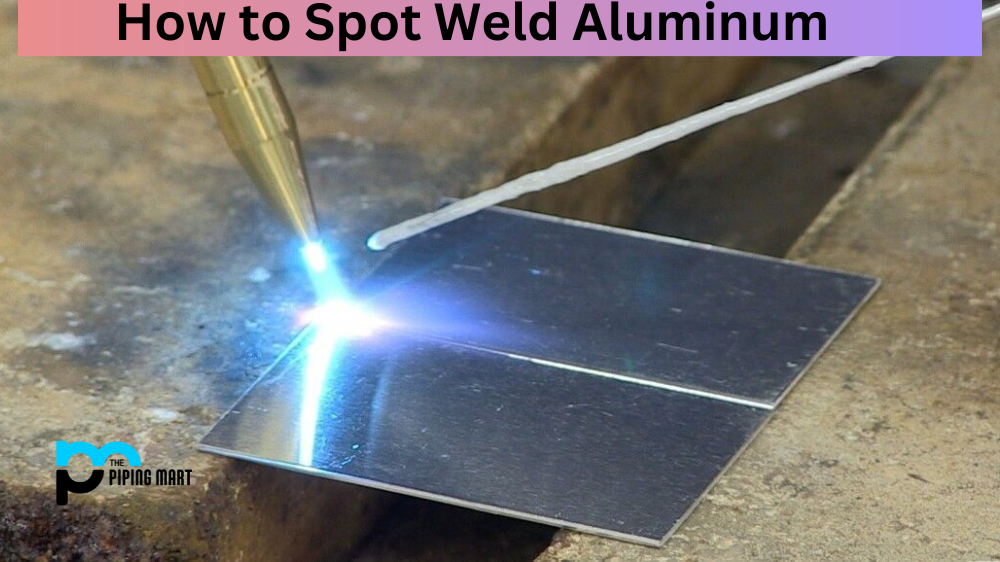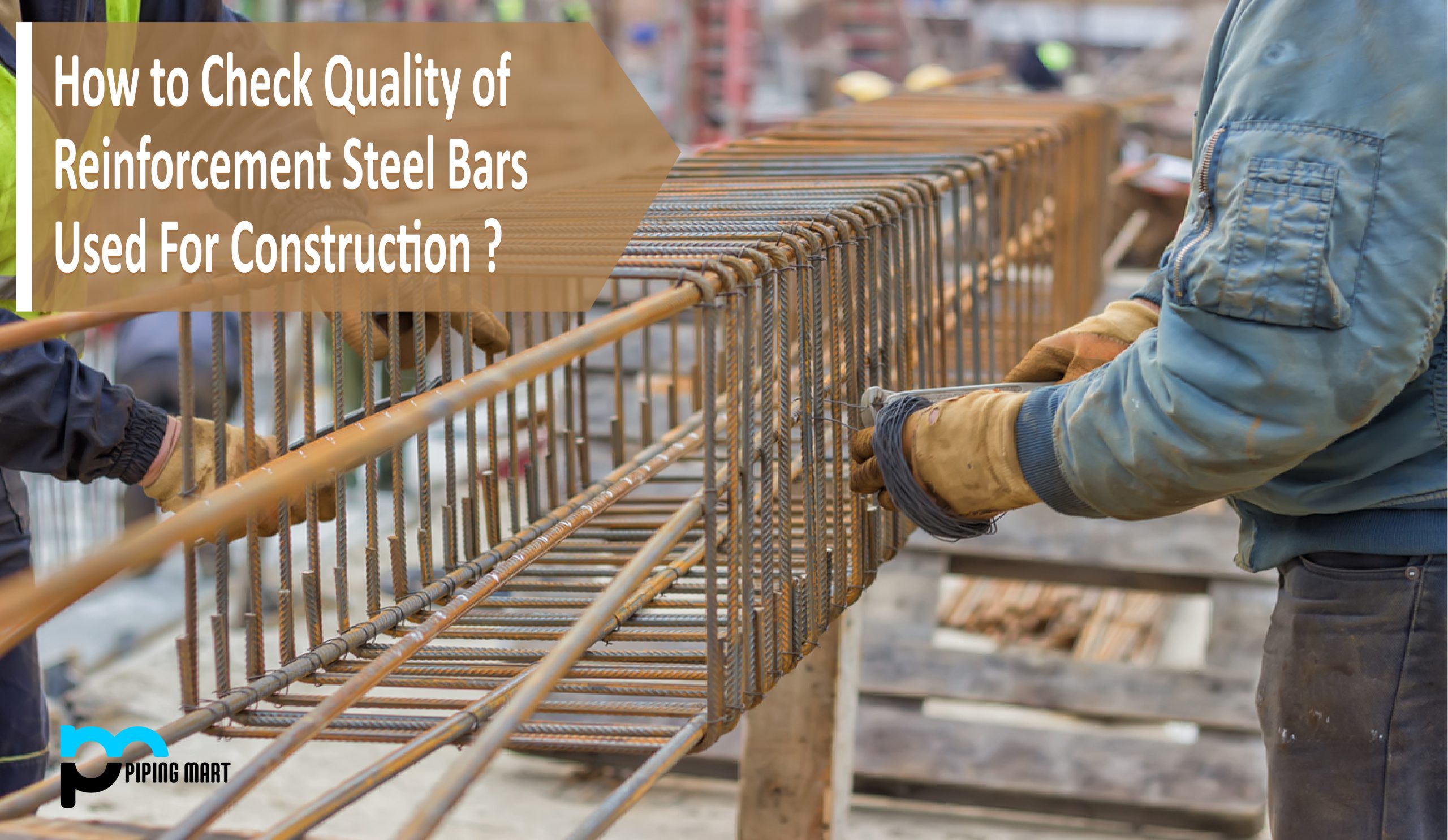Ball valves are an important piece of many plumbing systems. They are used to regulate the flow of water in pipes, and they can be found in a variety of settings, from residential homes to commercial buildings. Ball valves offer great advantages, but there are some potential drawbacks as well. Let’s take a look at the pros and cons of ball valves.
5 Advantages of Ball Valves
The most significant advantage of using ball valves is that they can be used for both on/off applications and flow control applications. This makes them very versatile since they can be used in a number of different situations. Additionally, they are generally easier to install than other types of valves because they only require two pipe connections and one actuator. Another advantage is that ball valves have minimal pressure drops compared to other types of valves, so you won’t have to worry about water pressure issues. Finally, ball valves are relatively inexpensive compared to other types of valves.
Easy to Operate
Ball valves are one of the easiest types of valves to operate. They are designed so that a simple turn of the handle is all that is required to open or close the valve. This makes them ideal for use in situations where quick and easy operation is required, such as in emergency shut-off situations.
No Leaks
Ball valves are also very reliable and do not tend to leak. This is because the ball inside the valve is held in place by two seals, one at the top and one at the bottom. These seals prevent any fluid from escaping past the ball, even when the valve is in the open position.
Low Maintenance
Ball valves are also low maintenance and do not require much in the way of upkeep. Once they are installed, they can typically be left alone and will continue to work properly for many years. In contrast, other types of valves, such as gate valves, may require periodic lubrication or other maintenance in order to continue working properly.
Durable
Ball valves are also very durable and can withstand a great deal of wear and tear. This is due to their simple design, which has relatively few moving parts that can break or wear out over time. In contrast, more complex valve designs, such as butterfly valves, may have more moving parts that are susceptible to damage or failure over time.
Versatile
Ball valves are also very versatile and can be used in a wide variety of applications. They are commonly used in residential and commercial plumbing applications but can also be used for industrial applications such as controlling the flow of fluids in chemical plants or oil refineries.
Disadvantages of Ball Valves
One potential disadvantage is that if the valve is not installed properly or if it becomes damaged, it could become stuck in the open or closed position, which could cause serious problems with your plumbing system. Also, ball valves may not be as reliable or durable as other types of valves, such as gate or butterfly valves, so you may need to replace them more often over time. Additionally, due to their design, ball valves can often be difficult to repair if something goes wrong with them since you will likely need specialized tools and expertise.
Limited Flow Control
One of the primary disadvantages of ball valves is that they have limited flow control. This means that it can be difficult to regulate the flow of fluids through the valve, which can lead to problems such as leaks or overflows.
Difficult to Repair
Another disadvantage of ball valves is that they can be difficult to repair. This is because the ball valve is a sealed unit, and if there is a problem with the seal, the entire valve will need to be replaced.
Not Suitable for All Applications
Ball valves are also not suitable for all applications. For example, they are not typically used in applications where there is a need for frequent or rapid changes in the flow direction, such as in some types of irrigation systems.
Can Be Prone to Leaks
Ball valves can also be prone to leaks. This is because the seal on the valve can wear out over time, or may not be properly installed in the first place. If a ball valve leaks, it can cause serious damage to equipment or property.
Can Be Difficult to Operate
Another disadvantage of ball valves is that they can be difficult to operate. This is because the ball must be turned in order to open or close the valve, which can be difficult for some people to do.
Conclusion:
Ball valves can be a great addition to your plumbing system due to their versatility and cost-effectiveness. However, they also come with some potential drawbacks, such as difficulty repairing them if something goes wrong and their potentially shorter life span compared to other types of valves. Ultimately, when deciding whether or not you should use a ball valve for your needs, it’s important to weigh the advantages and disadvantages carefully so that you make the best decision for your project.

A passionate metal industry expert and blogger. With over 5 years of experience in the field, Palak brings a wealth of knowledge and insight to her writing. Whether discussing the latest trends in the metal industry or sharing tips, she is dedicated to helping others succeed in the metal industry.




